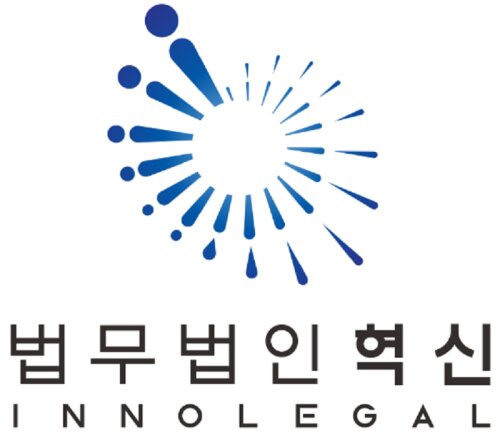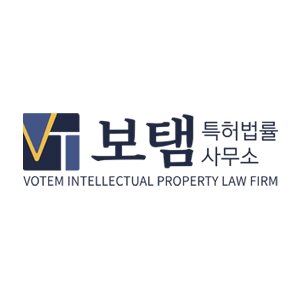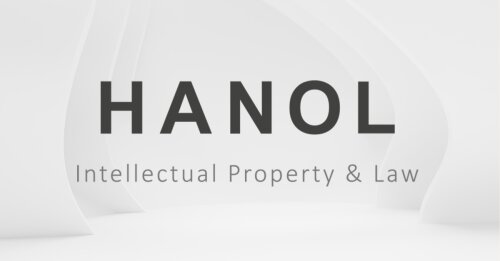Best Corporate & Commercial Lawyers in Seoul
Share your needs with us, get contacted by law firms.
Free. Takes 2 min.
List of the best lawyers in Seoul, South Korea
About Corporate & Commercial Law in Seoul, South Korea
Seoul is not only the capital city of South Korea but also the center of the country’s economic and commercial activities. Corporate and commercial law in Seoul governs the formation, operation, and regulation of businesses, addressing everything from company establishment, mergers and acquisitions, to contract execution and dispute resolution. Because South Korea has a highly developed legal framework that is both modern and harmonized with international standards, understanding its specifics is crucial for anyone involved in business in Seoul. Both domestic and foreign investors must comply with various local laws, administrative procedures, and litigation processes when conducting corporate or commercial activities in the city.
Why You May Need a Lawyer
There are many scenarios in which seeking a corporate and commercial lawyer’s assistance in Seoul may be essential. Common situations include:
- Establishing a new business or subsidiary in Seoul
- Negotiating and drafting commercial contracts
- Adhering to local regulations and corporate governance requirements
- Managing mergers, acquisitions, or joint ventures
- Resolving disputes between shareholders or with business partners
- Handling employment and labor matters related to corporate operations
- Protecting intellectual property assets in the context of commerce
- Navigating foreign investment regulations and reporting requirements
- Tax compliance and structuring for corporate entities
- Dealing with bankruptcy, liquidation, or business restructuring
In each of these cases, a lawyer can ensure legal compliance, mitigate risks, and help achieve the best outcomes in complex transactions or disputes.
Local Laws Overview
Corporate and commercial law in Seoul is primarily regulated by national laws, such as the Commercial Act, Foreign Investment Promotion Act, and the Fair Trade Act. The city also has its own administrative requirements that businesses must follow. Key aspects include:
- Business Formation - Entities can choose from several business structures including corporations, limited liability companies, and branches of foreign companies. Incorporation requires registration with the local district office and relevant authorities.
- Corporate Governance - South Korea’s Commercial Act stipulates director duties, shareholder rights, annual general meetings, and reporting obligations to maintain transparency and accountability.
- Contracts - Contracts must be written in accordance with national contract law, with specific provisions regarding enforceability, breach, and remedies.
- Foreign Investment - The Foreign Investment Promotion Act encourages foreign direct investment, but there are specific reporting and approval procedures for certain business sectors.
- Fair Competition - The Fair Trade Act prevents monopolistic practices and unfair trade, overseen by the Korea Fair Trade Commission.
- Employment Law - The Labor Standards Act and related legislation establish minimum employment terms, dismissal procedures, and workers’ rights.
- Dispute Resolution - Seoul offers court litigation, arbitration, and mediation for resolving corporate and commercial disputes. The Seoul International Dispute Resolution Center is a hub for cross-border arbitration.
- Taxation - Businesses are subject to corporate income tax, VAT, and other local levies. The National Tax Service oversees tax compliance.
Understanding these laws is critical to operating smoothly and lawfully in Seoul.
Frequently Asked Questions
What types of business entities can be established in Seoul?
Businesses in Seoul can be set up as corporations, limited partnerships, limited liability companies, private businesses, or as local branches of foreign companies.
How long does it take to incorporate a company in Seoul?
The process usually takes about two to four weeks, depending on the type of entity and the completeness of documentation.
Are foreign investors allowed to own 100 percent of a South Korean company?
Yes, in most industries foreign investors can own 100 percent of a local company. However, some sectors may have restrictions or additional approval procedures.
What is the minimum capital requirement for setting up a corporation?
There is no general minimum capital requirement for a standard stock company. However, certain industries may impose minimum capital requirements under special laws.
Do contracts need to be written in Korean?
While contracts can be drafted in English or other languages, Korean is preferred for enforceability in local courts. Bilingual contracts are common for international deals.
What are director and shareholder obligations in South Korea?
Directors have a duty of care and loyalty to the company and its shareholders. Shareholders have voting rights and can participate in general meetings.
How are commercial disputes typically resolved in Seoul?
Disputes can be resolved through litigation in the courts, or by alternative methods such as arbitration and mediation. Seoul has established facilities for international commercial arbitration.
What taxes do companies need to pay in Seoul?
Common taxes include corporate income tax, value-added tax, and local taxes. The rates and specifics depend on the business type and activities.
Are there any incentives for foreign investors?
Yes, the South Korean government offers incentives such as tax reductions, cash grants, and relaxed regulations to encourage foreign direct investment in designated zones and industries.
What steps should I take before hiring staff in Seoul?
Ensure compliance with the Labor Standards Act, register employees with the necessary insurance programs, and provide employment contracts outlining working hours, pay, and conditions.
Additional Resources
Individuals or businesses seeking more information or support on corporate and commercial law in Seoul can consider the following resources:
- Korea Fair Trade Commission - Oversees fair competition and business practices
- Ministry of Trade, Industry, and Energy - Provides information for foreign investors
- National Tax Service - Manages tax compliance and corporate tax requirements
- Korea Chamber of Commerce and Industry - Offers resources and advocacy for businesses
- Seoul Metropolitan Government - Local procedures, permits, and business support
- Seoul International Dispute Resolution Center - Arbitration and mediation services
- Korea Commercial Arbitration Board - Domestic and international arbitration proceedings
Next Steps
If you require legal assistance for corporate and commercial matters in Seoul, consider the following steps:
- Identify your specific legal needs, such as company formation, contract work, or dispute resolution
- Gather relevant documents and information related to your business or legal issue
- Consult with a qualified attorney or legal firm specializing in corporate and commercial law in Seoul
- Discuss timelines, fees, and the approach to resolving your issue during the initial consultation
- Follow your lawyer’s advice on compliance, contract drafting, negotiation, and dispute handling
- Stay informed about ongoing legal obligations to avoid future issues, such as regulatory reporting and tax filings
Having experienced legal counsel will help you navigate South Korea’s complex corporate and commercial environment and protect your business interests in Seoul.
Lawzana helps you find the best lawyers and law firms in Seoul through a curated and pre-screened list of qualified legal professionals. Our platform offers rankings and detailed profiles of attorneys and law firms, allowing you to compare based on practice areas, including Corporate & Commercial, experience, and client feedback.
Each profile includes a description of the firm's areas of practice, client reviews, team members and partners, year of establishment, spoken languages, office locations, contact information, social media presence, and any published articles or resources. Most firms on our platform speak English and are experienced in both local and international legal matters.
Get a quote from top-rated law firms in Seoul, South Korea — quickly, securely, and without unnecessary hassle.
Disclaimer:
The information provided on this page is for general informational purposes only and does not constitute legal advice. While we strive to ensure the accuracy and relevance of the content, legal information may change over time, and interpretations of the law can vary. You should always consult with a qualified legal professional for advice specific to your situation.
We disclaim all liability for actions taken or not taken based on the content of this page. If you believe any information is incorrect or outdated, please contact us, and we will review and update it where appropriate.
Browse corporate & commercial law firms by service in Seoul, South Korea
Seoul, South Korea Attorneys in related practice areas.

















